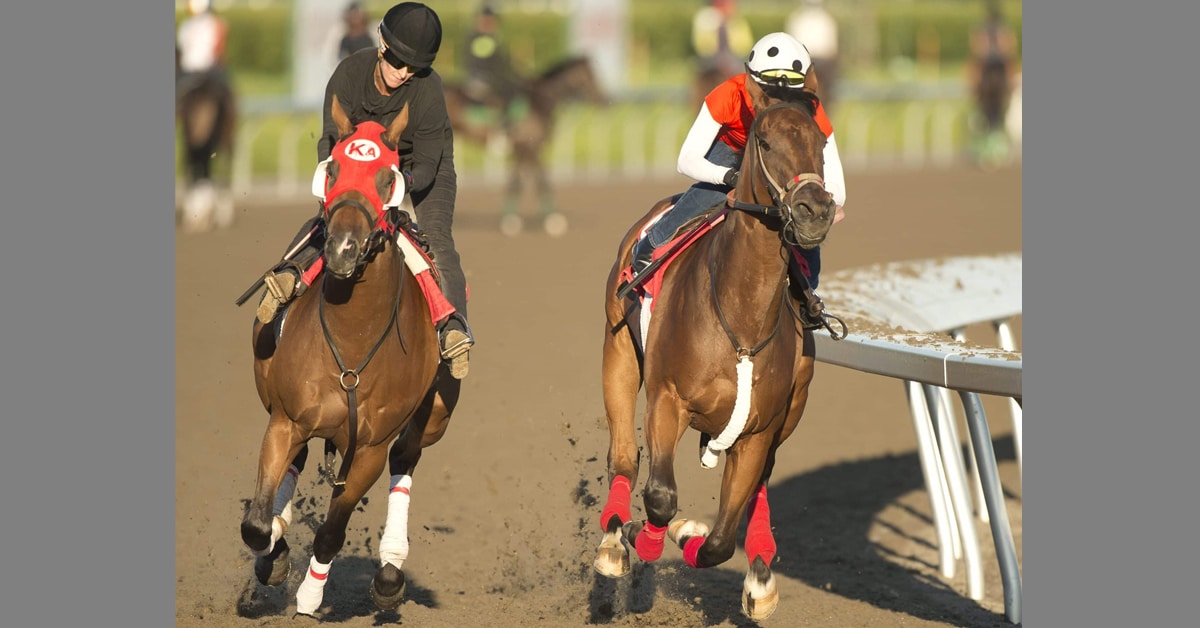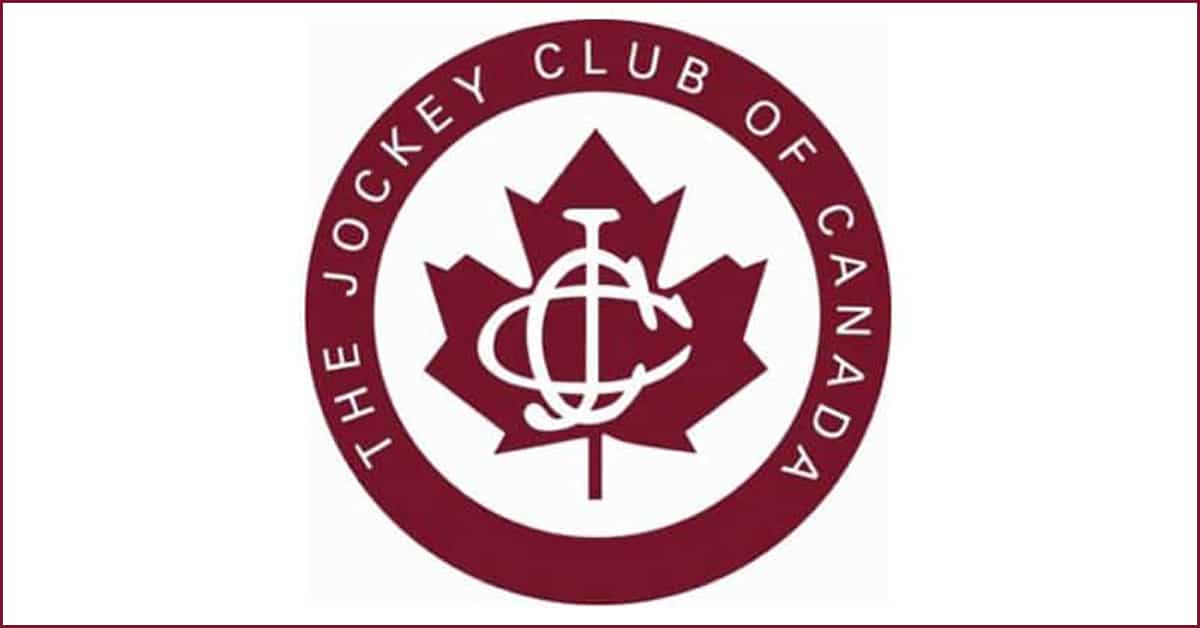Meaford Fire Department Training Centre in Ontario is opening its doors once again, for intensive training on what to do in emergency situations involving large animals. Learn alongside first responders the best practices for successful rescue in these stressful and potentially life-threatening situations. Registration is now open to all (must be at least 18 years of age) for the next offering of Equine Guelph’s Large Animal Rescue Awareness/Operational Training to be held October 12 (evening), 13 & 14, 2018.
When a large animal emergency occurs it is big news that all too often ends in tragedy. Trailer roll-overs, ice rescues, mud or trench rescues and the dreaded barn fire are among the greatest fears of any animal owner. “Emergency rescue training is essential for first responders, and anyone involved with transporting livestock, to provide them the expertise they need to focus on the welfare and safety of animals and people in these sorts of emergency situations,” says Ontario Veterinary College Dean Jeff Wichtel.
Not only is this course essential training for first responders, it is a fantastic program for any large animal owner. “Gaining knowledge of the resources needed for a rescue and how the incident command system works can be the difference between panic and a well-executed safe plan,” says Gayle Ecker, Equine Guelph director. Prevention is also heavily featured in the workshop with barn fire safety as one of the important topics covered.
Since 2014 Equine Guelph has made significant progress in establishing a Large Animal Rescue program in Ontario with its qualified team of instructors helping train for such emergencies. Over 360 people have attended training events including fire fighters, first responders, pre-service, law enforcement, animal control officers, veterinarians, veterinary technicians, emergency animal response teams, horse owners, livestock producers and associations.
The incident command system is one of the standard approaches covered and it gives a clear understanding of roles and working together effectively. Rescues involving large animals pose several challenges. “An understanding of the incident command system, basics of animal behaviour and handling techniques, restraint and confinement techniques and basic anatomy are invaluable,” says Meaford’s Chief Scott Granahan.
All large animal incidents regardless of cause or scope, present a risk of injury to responders. The aforementioned knowledge combined with proper training of best practices and how to use rescue equipment mitigate risks and improve the odds of a favorable outcome for both animals and responders.
Register at thehorseportal.ca. For more information contact slraymon@uoguelph.ca
More News









